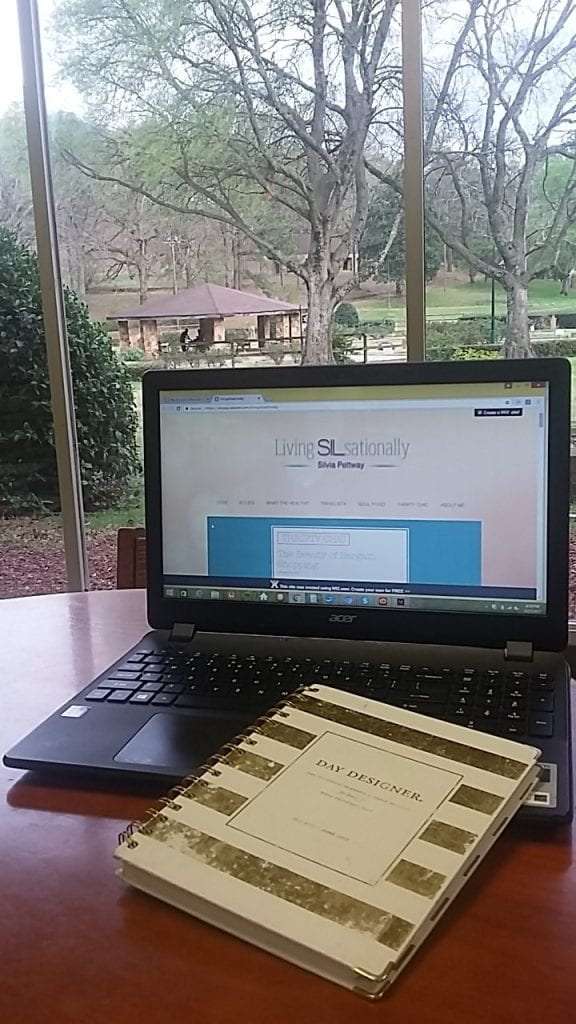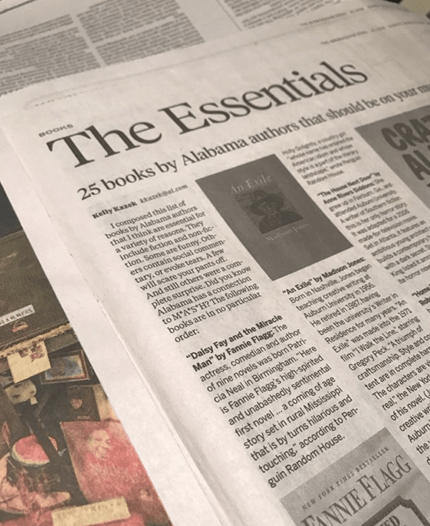
Blogging has become a very close companion of mine over the past few years. As an English major whose entire academic career has been consumed with formal essays and 10-12 page research papers, I can admit that it is refreshing to write and research certain interests of mine that do not revolve around passing a class.
Blogging has given me the freedom to not only explore and write about other avenues that interest me, but it has also given me the ability to reach other individuals that have similar hobbies, ideas and interests as I do.
What is blogging and how did it become so widely regarded as another outlet for writers, journalists and pretty much anybody who has something to say? I see blogging as an open diary, where you get to express yourself without the limits of privacy.
As a lifestyle blogger, I can honestly say that I truly don’t know how the concept of blogging turned into something so massive in the world of media, but this new medium has influenced millions of individuals around the world. There are many different genres of blogging that can pique anyone’s interest. Lifestyle, travel, fashion, politics, beauty and the news are just a few of the outlets that welcome the style of blogging.
I believe for any writer, it is important to reserve time each day to simply write. It doesn’t have to be a profound piece of work, nor does it have to be something small. Writing anything encourages the creative flow and allows us to release the thoughts that have consumed our minds throughout the day. I try to post on my lifestyle blog, “Living SILsationally” as often as I can. And when I can’t post, I at least write ideas that I would like to explore on my blog.
Technology has undoubtedly taken over our world in every aspect. Blogging is proof of this. In 2008, the news blogging journal, the Guardian released an article about “The World’s 50 most powerful blogs” and at the top of this list was the widely popular political blog journal the Huffington Post.
Before illustrating the highlights of the Huffington Post, the authors of the article describe how bloggers are typically seen as the underdogs in comparison to mainstream media.
Hearing news on television has a profoundly different effect than reading a blogger’s latest post that gives their opinion of what the news has reported. Blogging garners emotions and expresses thought; most of the time, their followers agree with how they feel. This makes sense because in order for a blog site to have followers, there has to be a similarity in interest, or else the followers would not visit the site.
In the professional writing world, there isn’t much room for expressing emotions, and opinionated thoughts conflict with the facts that news brings. So blogging is a great way for writers in the professional world to talk about about the interests that they love without the rules and regulations that limit their writing and ideas.
An advantage to blogging is that it can become a stepping stone for journalists to advance in their careers as professional writers. The Next Web writes about Shane Evans, the Deputy editor of Goal.com, a soccer blog. Evans states that “in today’s information-based society, where everything is at your fingertips […] people are basically teaching themselves how to be journalists. Gone are the days when you need a degree to show how credible you are as a writer. If your blog gets a ton of hits and you have thousands of followers on Twitter, you get taken seriously.”
Of course, there are many ways for an individual to express themselves, but I believe that blogging allows more room for connecting with others, which is great for us introverts that have a difficult time opening up our lives to others.
Blogging creates opportunities for networking in the professional field as well, which is an especially important asset for professional writers. With blogging, the viewers of your blog get to see more of your personality become vividly expressed. If the right potential employer views your blog and enjoys what they see, then they may be more willing to welcome you on board as a member of the staff.
The progression of this new form of media is exciting and unique for the world of writers. I know I’ve certainly enjoyed writing as SILsationally as I can.









